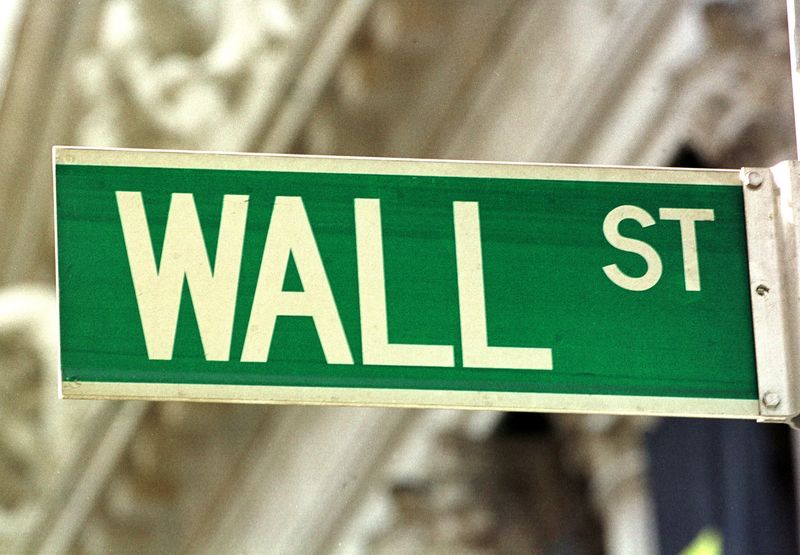By Geoffrey Smith
Investing.com -- U.S. banks flocked to the Federal Reserve's lending facilities last week as never before, damping hopes that the financial system can quickly move on past the volatility of the last two weeks.
Data from the Federal Reserve showed that banks borrowed nearly $153 billion from the Fed's discount window in the week through Wednesday and another $11.9B from the new Bank Term Funding Program that the Fed set up last weekend. Analysts expect the use of the BTFP to ramp up sharply in the coming weeks, as more banks complete their registration with the Fed for using it.
That's a new record, more than in any week during the Great Financial Crisis of 2008. While it reflects mostly the fact that total assets in the banking system have risen sharply since then, not least due to years of quantitative easing measures by the Federal Reserve, it also reflects a serious increase in uncertainty about the stability of some counterparties in the market, especially among the country's smaller banks.
The numbers are consistent with anecdotal data of depositors pulling their money from smaller banks this year, something that culminated in the collapse of Silicon Valley Bank and Signature Bank last week. Data from the Investment Company Institute show that more than $250B has flowed into U.S. money market funds this year, with over $120B coming in during the last week.
Second-tier bank stocks rose on Thursday in response to news that JPMorgan (NYSE:JPM), Bank of America (NYSE:BAC), Citigroup (NYSE:C) and Wells Fargo (NYSE:WFC) had led a group of major banks depositing $30B with First Republic, hoping that their show of confidence would stop deposit flight from FRC and other regional banks.
However, they gave up some of those gains in premarket on Friday, as the numbers from the Fed underlined how far and how fast nerves had spread through the sector. By 04:30 ET (08:30 GMT), First Republic (NYSE:FRC) stock was down 7.8% in premarket trading.
At the same time in Europe, Credit Suisse (SIX:CSGN) stock fell 1.8% on concerns that the group has only bought itself a limited amount of time with the $54 credit line it secured from the Swiss National Bank (SIX:SNBN) on Wednesday. Bloomberg reported that both Credit Suisse and its much bigger rival UBS (SIX:UBSG) had pushed back against pressure from the central bank to merge.
